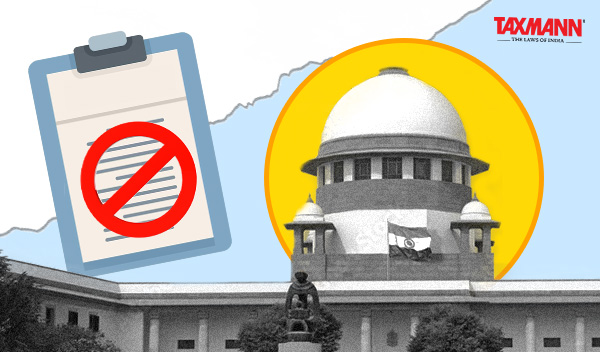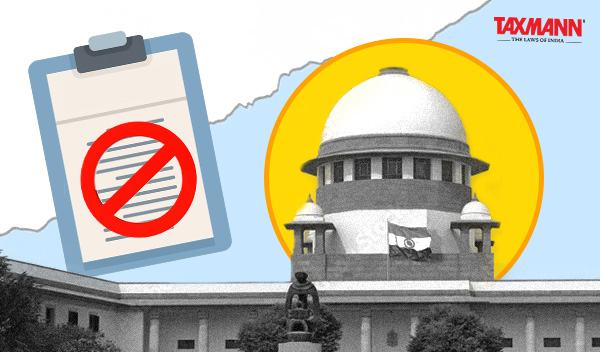
Case Details: JPR Projects v. State of Andhra Pradesh - [2025] 177 taxmann.com 788 (Andhra Pradesh)
Judiciary and Counsel Details
- R. Raghunandan Rao & T.C.D. Sekhar, JJ.
- Jyothi Ratna Anumolu for the Petitioner
Facts of the Case
The petitioner, a registered person under GST, was issued a best judgment assessment order dated 07.02.2024 under Section 62(1) of the GST Act on the ground of non-filing of returns. The department initiated recovery proceedings based on this order. The petitioner approached the High Court contending that it had already filed valid returns for the relevant period within the prescribed time, paid the tax along with late fee as required under Section 62, and therefore, in terms of Section 62(2), the assessment order automatically stood withdrawn. It was further submitted that an amount of Rs. 12.92 lakh was wrongly adjusted by the department from the petitioner’s available ITC towards recovery of the demand raised under the said order. The department argued that since intimation of filing returns and payment had not been given to the assessing authority, the demand continued to survive.
High Court Held
The Andhra Pradesh High Court observed that Section 62(2) clearly provides that once a registered person furnishes a valid return within the stipulated period and pays the tax with late fee, the best judgment assessment order shall be deemed to have been withdrawn. There is no requirement in the statute for separate intimation to the proper officer. Since the petitioner had complied with these conditions, the assessment order dated 07.02.2024 could not be enforced. Consequently, the Court set aside the assessment order and directed the department to restore the ITC of Rs. 12.92 lakh by reversing the debit entry within four weeks. The writ petition was thus allowed in favour of the assessee, with liberty to the department to initiate fresh proceedings if necessary.
The post Best Judgment Assessment Cannot Stand if Return Filed in 30 Days | HC appeared first on Taxmann Blog.
